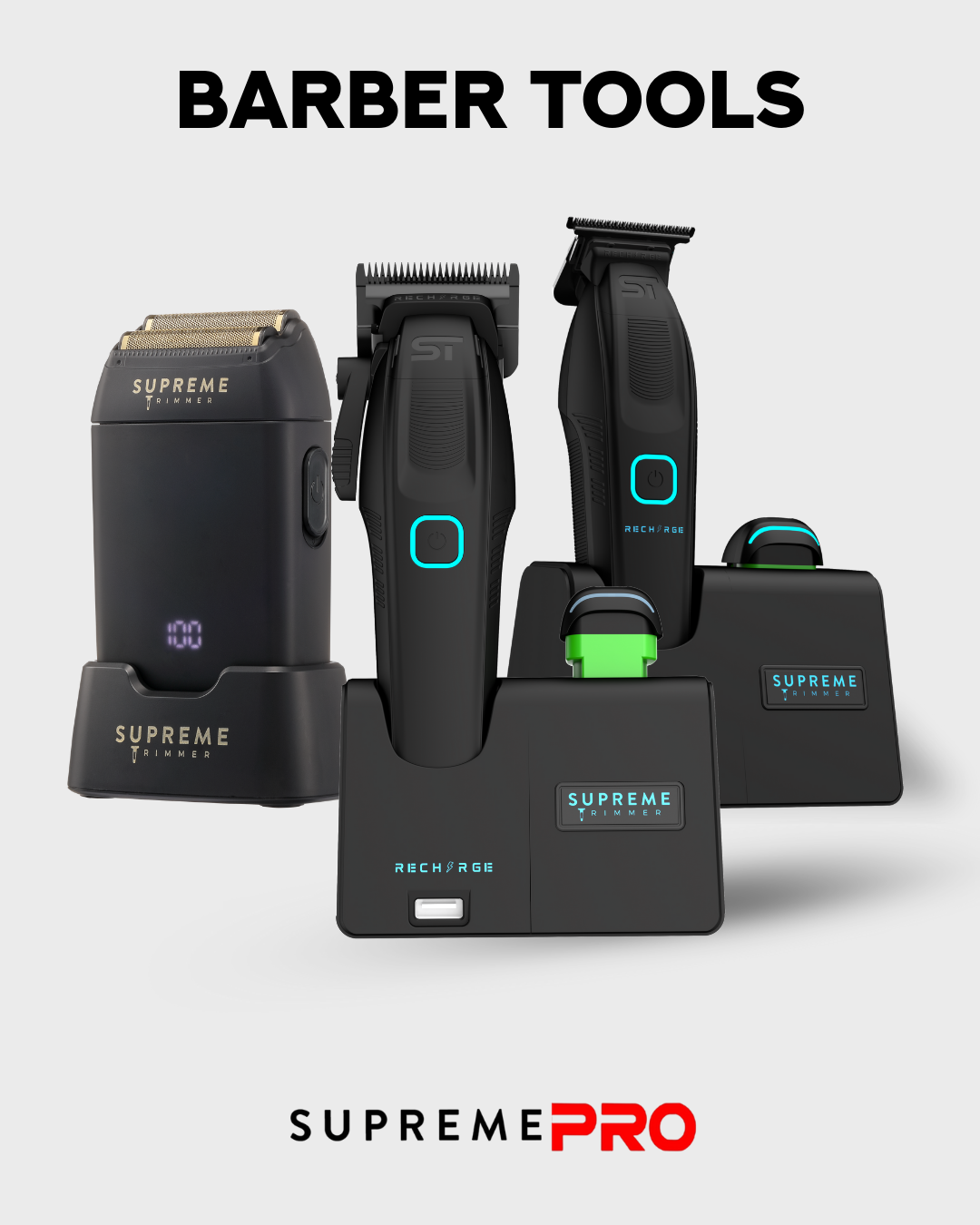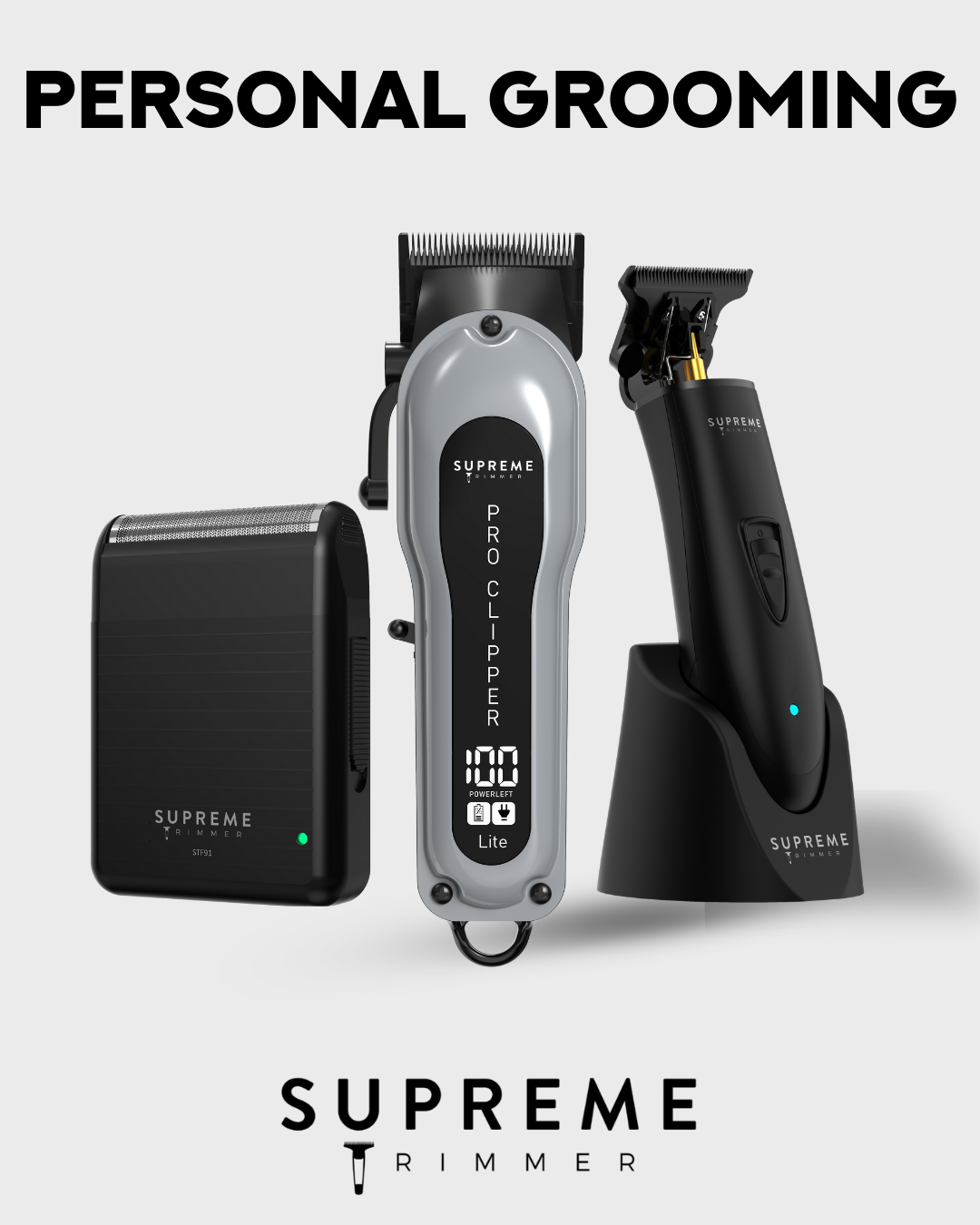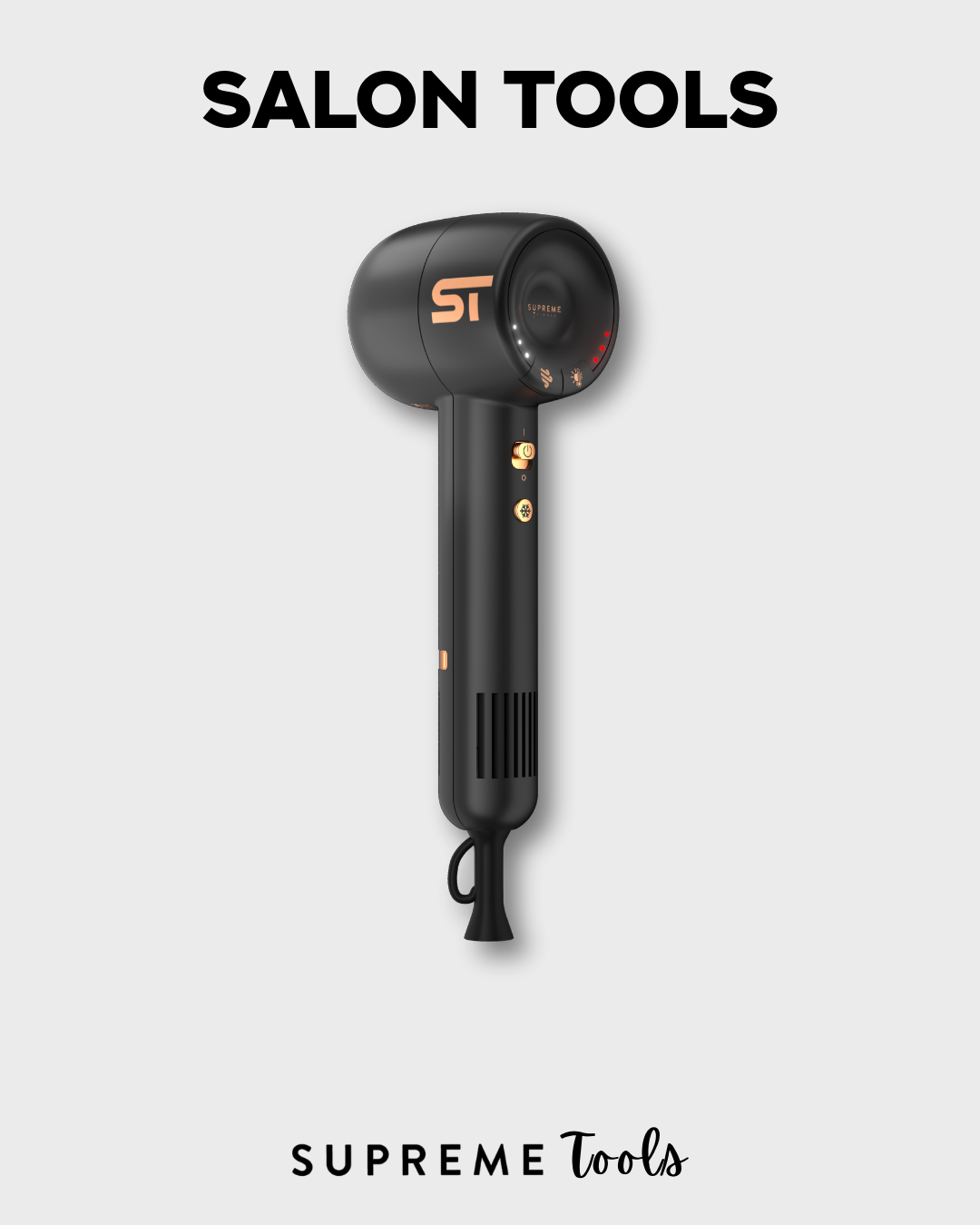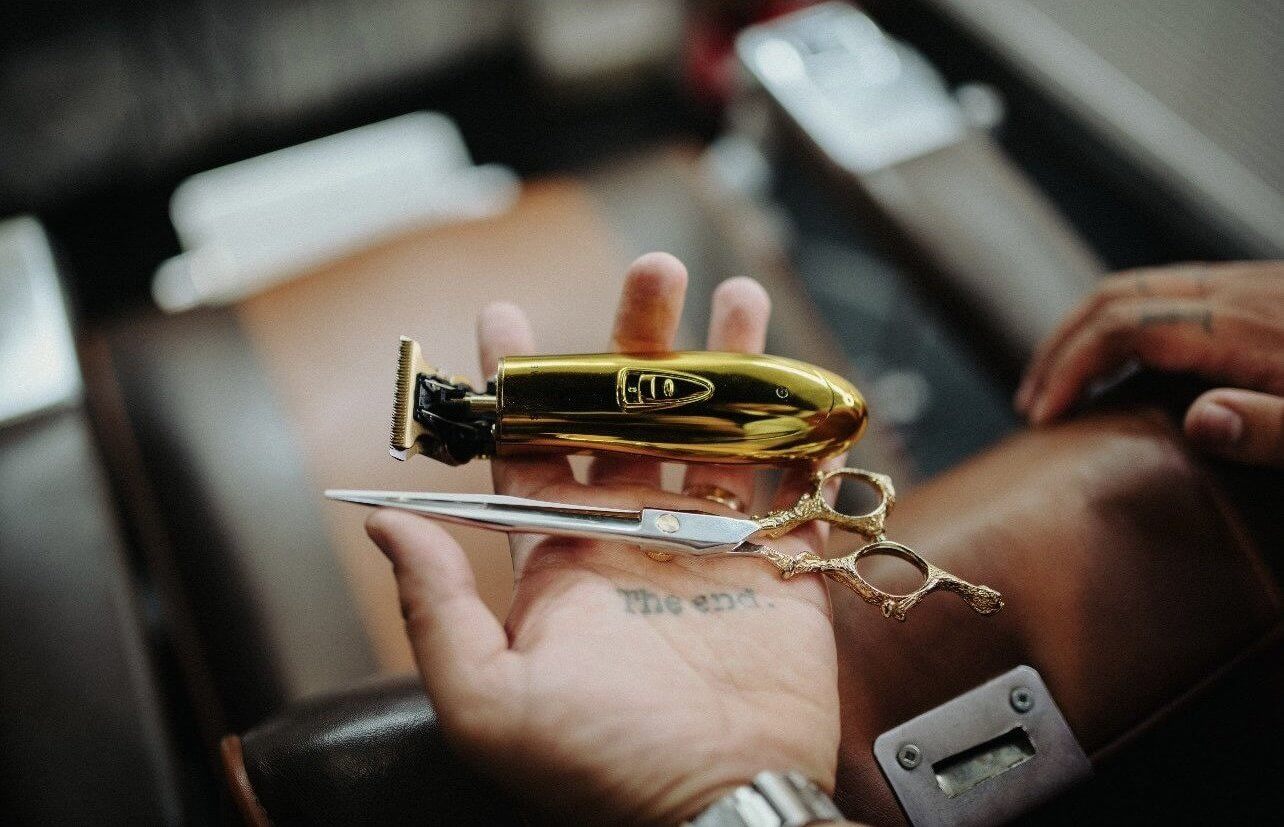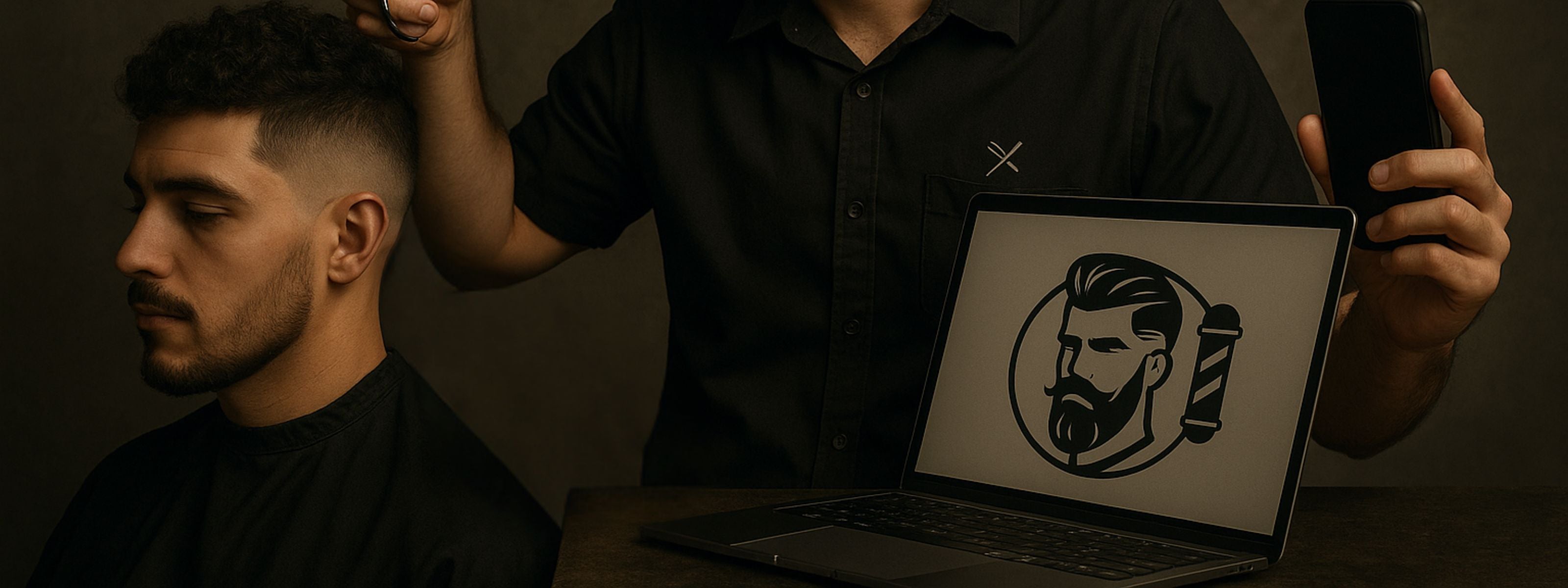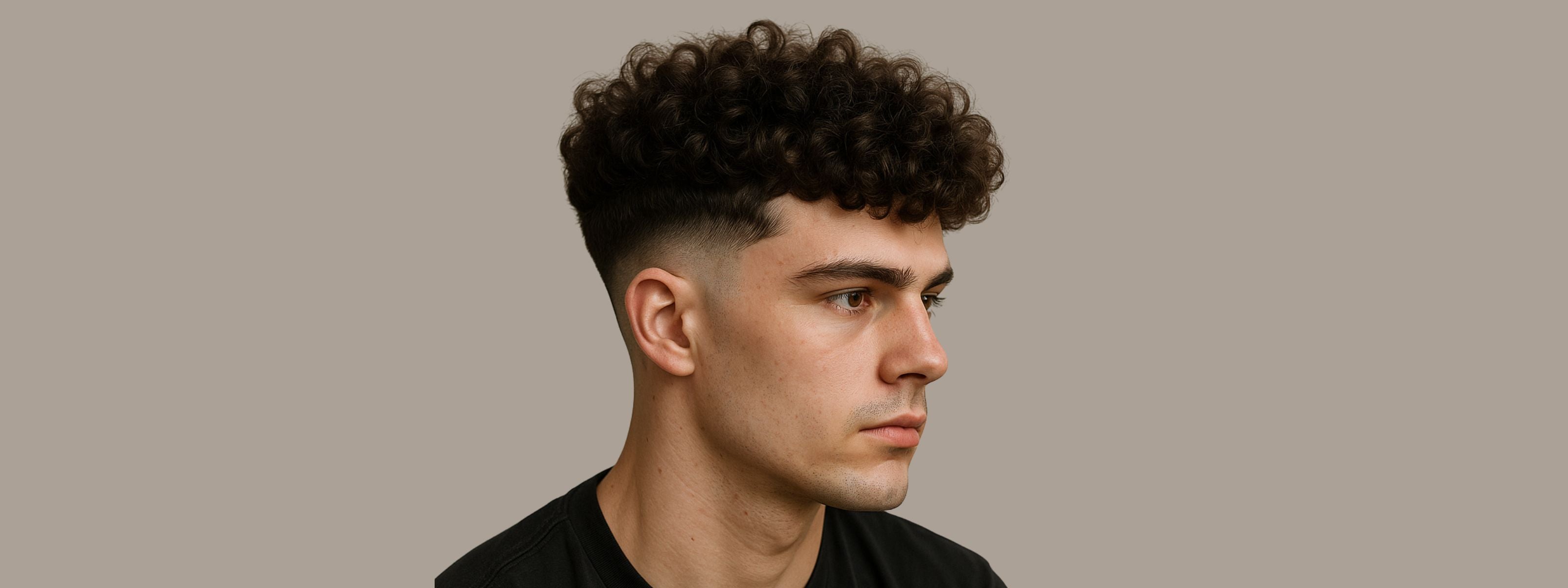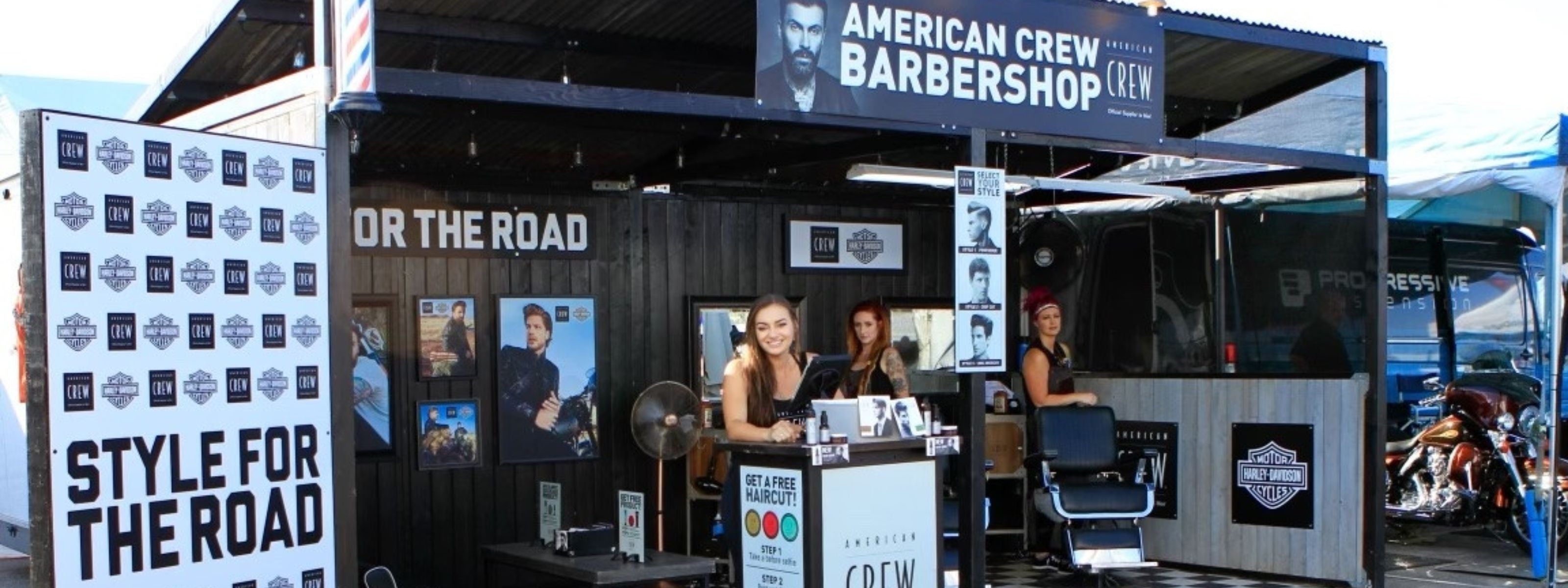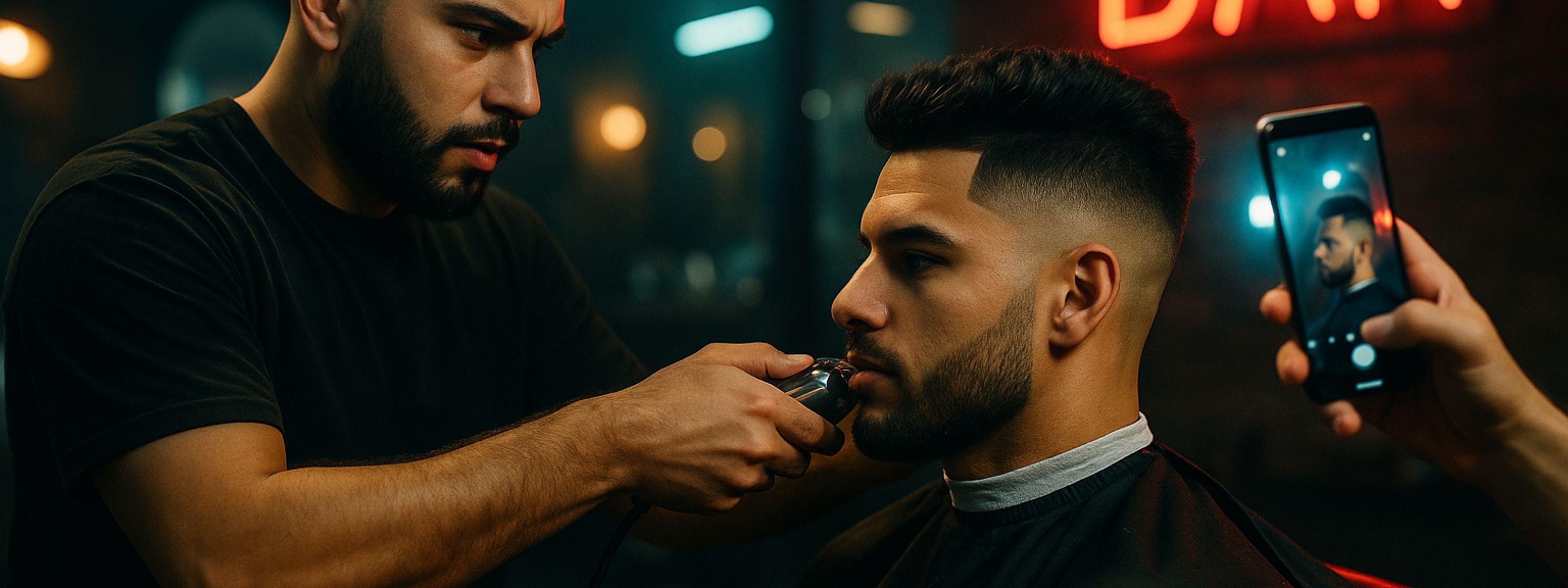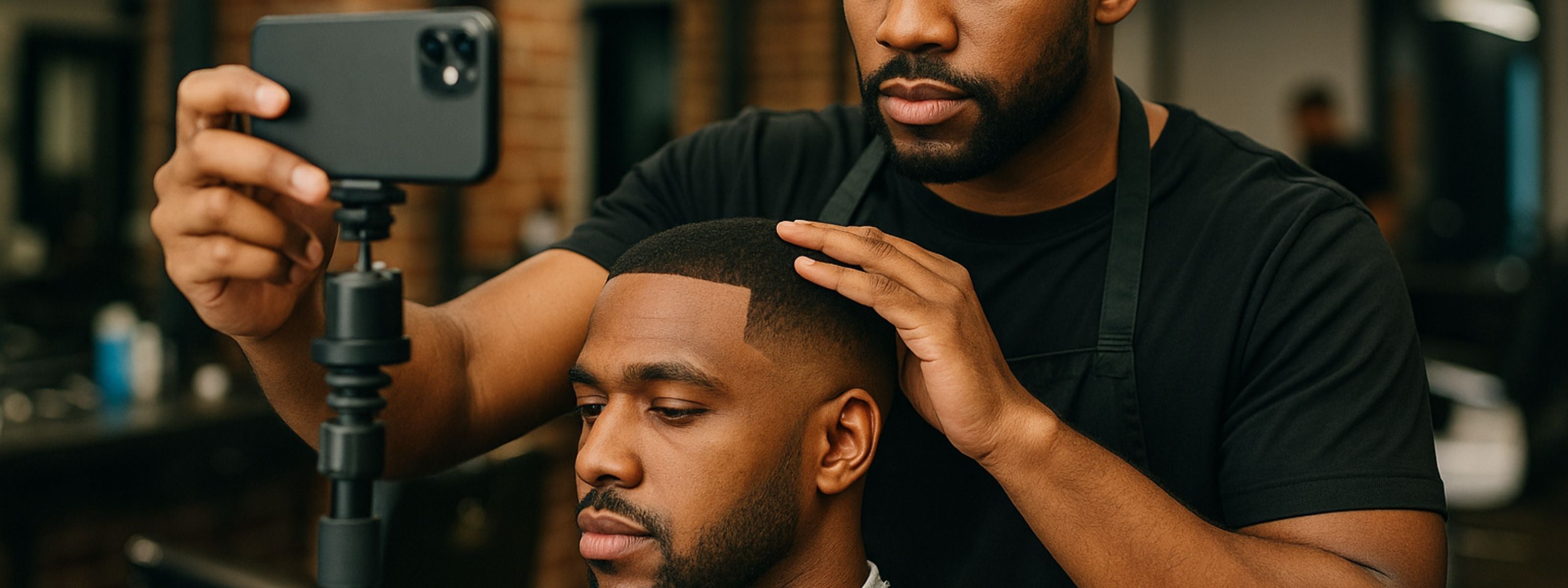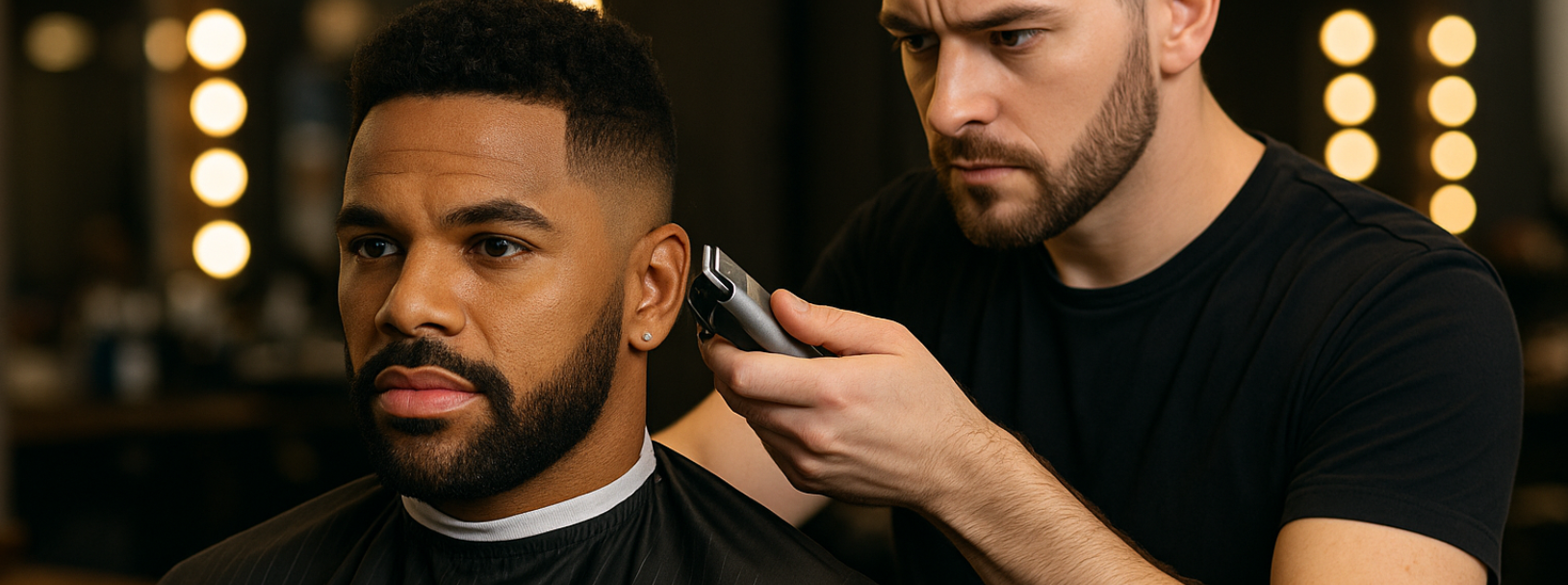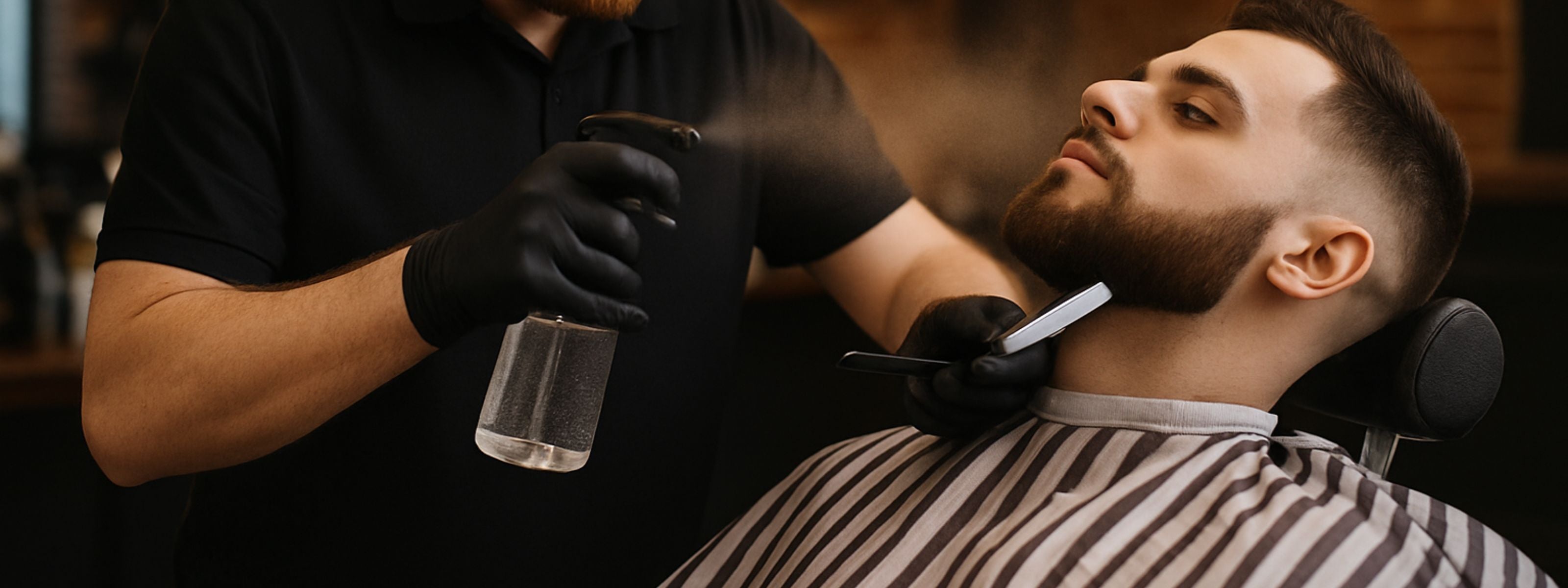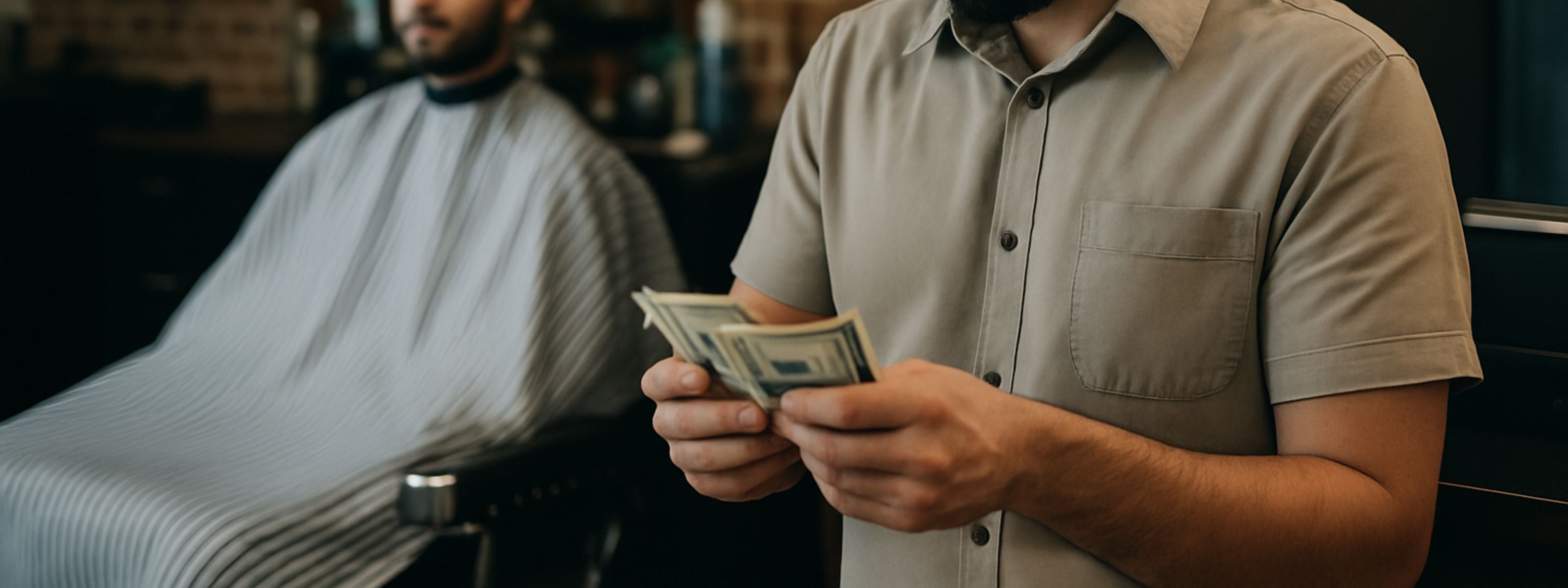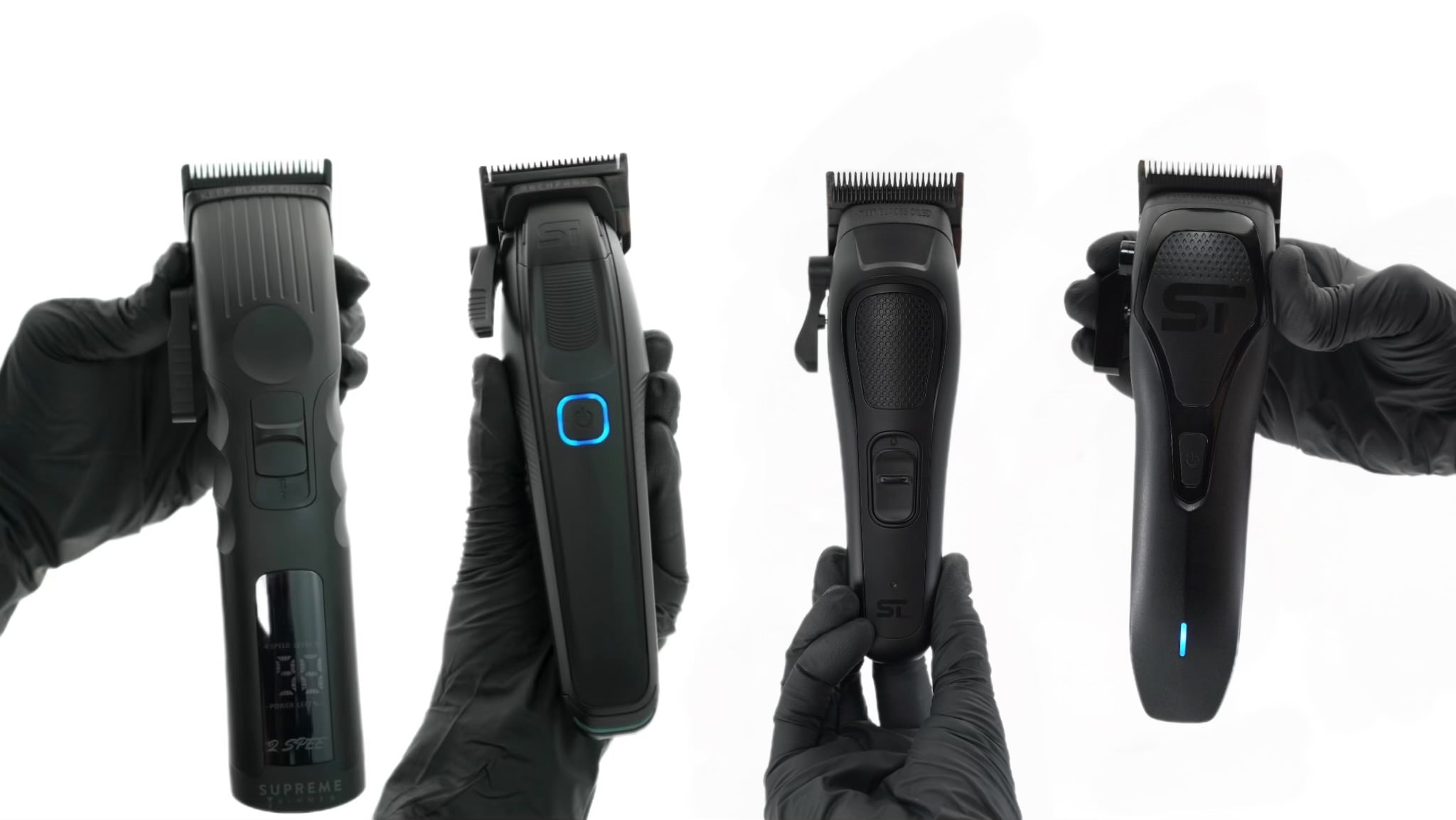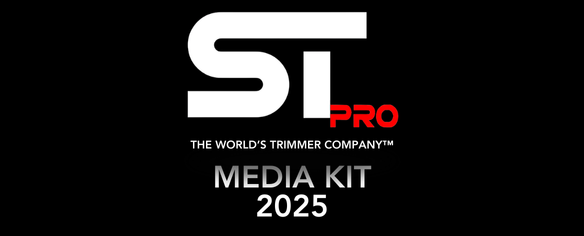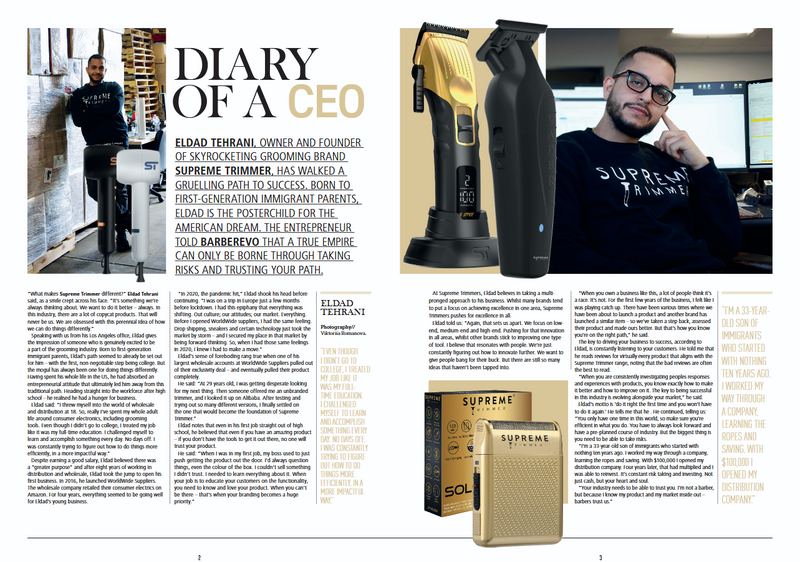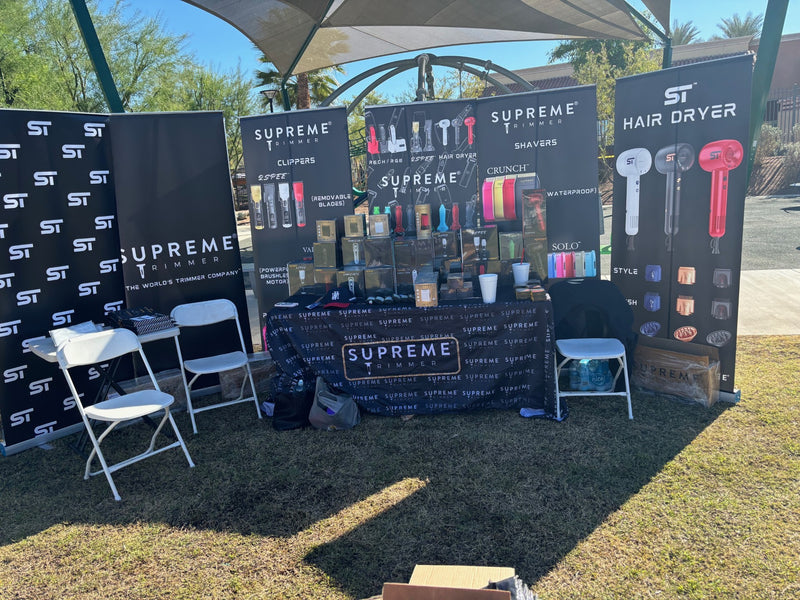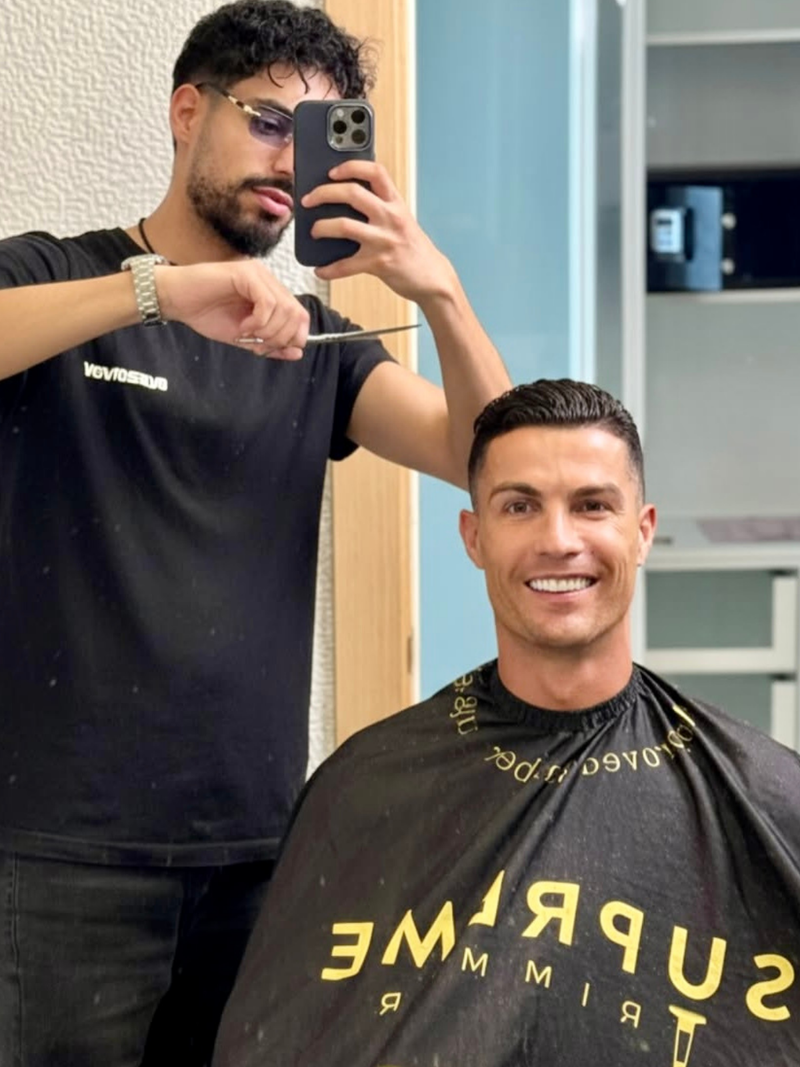Barbering has long been more than just a profession—it's a craft. Every snip, trim, and shave tells a story, and it's an art form that requires precision, skill, and a deep understanding of one's tools. For generations, barbers have been entrusted with shaping not only hair but also the confidence of their clients. However, in recent years, one controversial issue has emerged in the world of barbering: licensing. Is barber licensing an essential step for quality control and consumer safety, or is it simply a form of gatekeeping that stifles opportunity and creativity within the industry?
On one side of the debate, proponents of barber licensing argue that regulation ensures a certain standard of skill, safety, and hygiene. After all, when you're dealing with sharp tools and the human scalp, the margin for error is thin. Licensing often requires barbers to undergo training that includes everything from basic cutting techniques to sanitation practices and skin care knowledge. Without these safeguards in place, there's a risk of inexperienced or untrained individuals causing harm, either through unsanitary practices or poor technique. For consumers, knowing that their barber is licensed can provide peace of mind, ensuring that they are in capable hands.
In many states, licensing serves as a form of quality control. It ensures that barbers are well-versed in health regulations, understand how to properly clean and sanitize their tools, and are knowledgeable about scalp and skin conditions that could affect a client. In essence, licensing serves as a basic minimum standard—a set of expectations that consumers can rely on when choosing a professional. Without it, the fear is that the barbering profession could become a free-for-all, with anyone calling themselves a barber, regardless of skill or training.
But there’s another side to the argument—one that views licensing not as a form of protection but as a barrier to entry. The barriers that come with licensing can be particularly harsh for aspiring barbers who may not have the financial resources or access to formal training programs. In many states, licensing requirements can cost thousands of dollars when you factor in the price of barber school, exams, and other fees. For individuals who may have the natural talent and passion for barbering but lack the financial means, this can feel like an insurmountable obstacle. For some, it seems like the system is set up to favor those who already have the resources to succeed rather than giving everyone an equal chance to prove their skill.
Licensing can also stifle creativity. A licensed barber is often bound by certain rules and regulations that can make it harder for them to experiment with new techniques or offer unconventional services. In a profession that thrives on innovation and individuality, these constraints can feel restrictive. Many of the top barbers in the world didn't necessarily follow the traditional licensing path. They learned their craft through apprenticeships, self-teaching, and hands-on experience. So, for those who’ve honed their skills outside of formal programs, licensing can feel like an unnecessary hurdle—an arbitrary system that holds back natural talent in favor of bureaucratic processes.
Another point of contention is the fact that licensing doesn’t always guarantee quality. Just because someone has passed the required exams and fulfilled the hours doesn’t necessarily mean they’re a top-tier barber. In fact, some of the most skilled barbers may have never been licensed, relying instead on years of hands-on experience. On the flip side, someone who’s been through a formal program might still lack the creativity or finesse that defines an exceptional barber. This raises the question: Does a license truly equate to quality, or is it simply a bureaucratic stamp of approval?
What’s clear is that barber licensing is a deeply polarizing issue—one that affects not only aspiring barbers but also the clients who rely on their skills. On one hand, it provides a framework that ensures safety and quality, which is vital in a profession that directly impacts people's appearance and well-being. On the other hand, it serves as a gatekeeping mechanism, making it harder for new talent to break into the field and forcing barbers to conform to standards that may not align with their creative vision or personal approach.
Ultimately, the debate boils down to a balancing act. While licensing may provide much-needed regulation and accountability, it’s also important to recognize the value of experience, passion, and creativity—qualities that often go beyond what’s taught in a classroom. Maybe the solution isn’t a full-on elimination of licensing, but rather a reimagining of how it works. Perhaps there’s room for an alternative, less rigid form of certification that allows for both quality control and greater access for talented individuals who don’t fit the traditional mold. Whatever the answer, the conversation around barber licensing is far from over, and it’s one that will continue to shape the future of the barbering industry.
Whether licensing is seen as necessary or as an unnecessary roadblock, one thing is certain: the craft of barbering will continue to evolve. And as the industry grows and changes, so too will the debates surrounding the rules that govern it.

